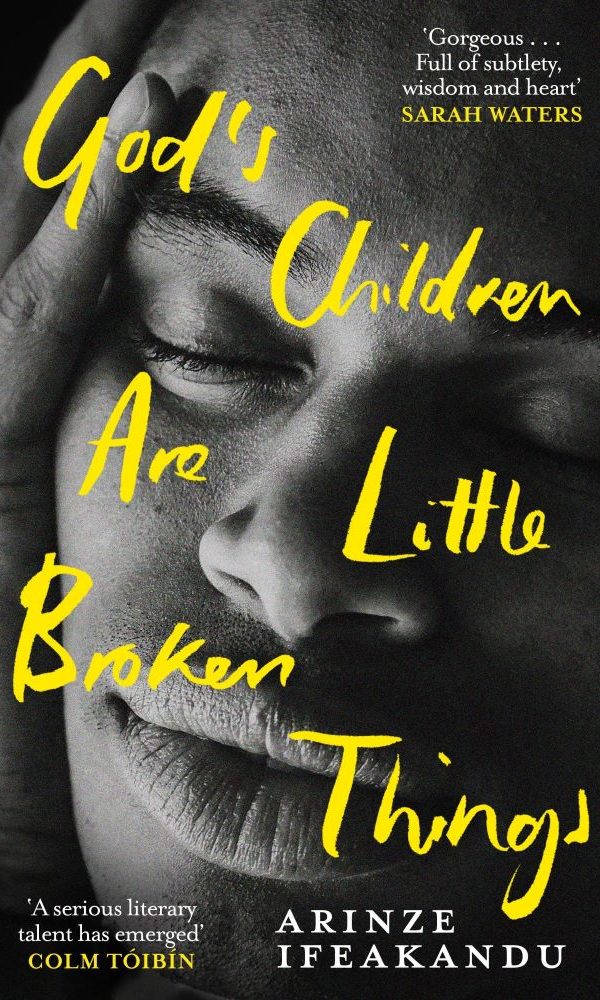Tag: International Dylan Thomas Prize
-
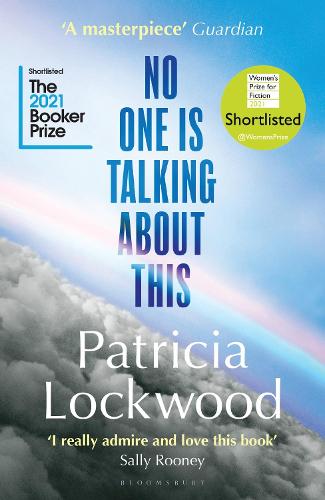
Archiving grief: Patricia Lockwood’s ‘No One Is Talking About This’
Patricia Lockwood’s No One Is Talking About This (Bloomsbury, 2021) won last year’s Swansea University Dylan Thomas Prize, and was cited especially for its depiction of the Internet. In the book, the ‘portal’ is a virtual world that can provide access to ‘everywhere’, but is a largely desensitised space; it is where the protagonist spends…
-
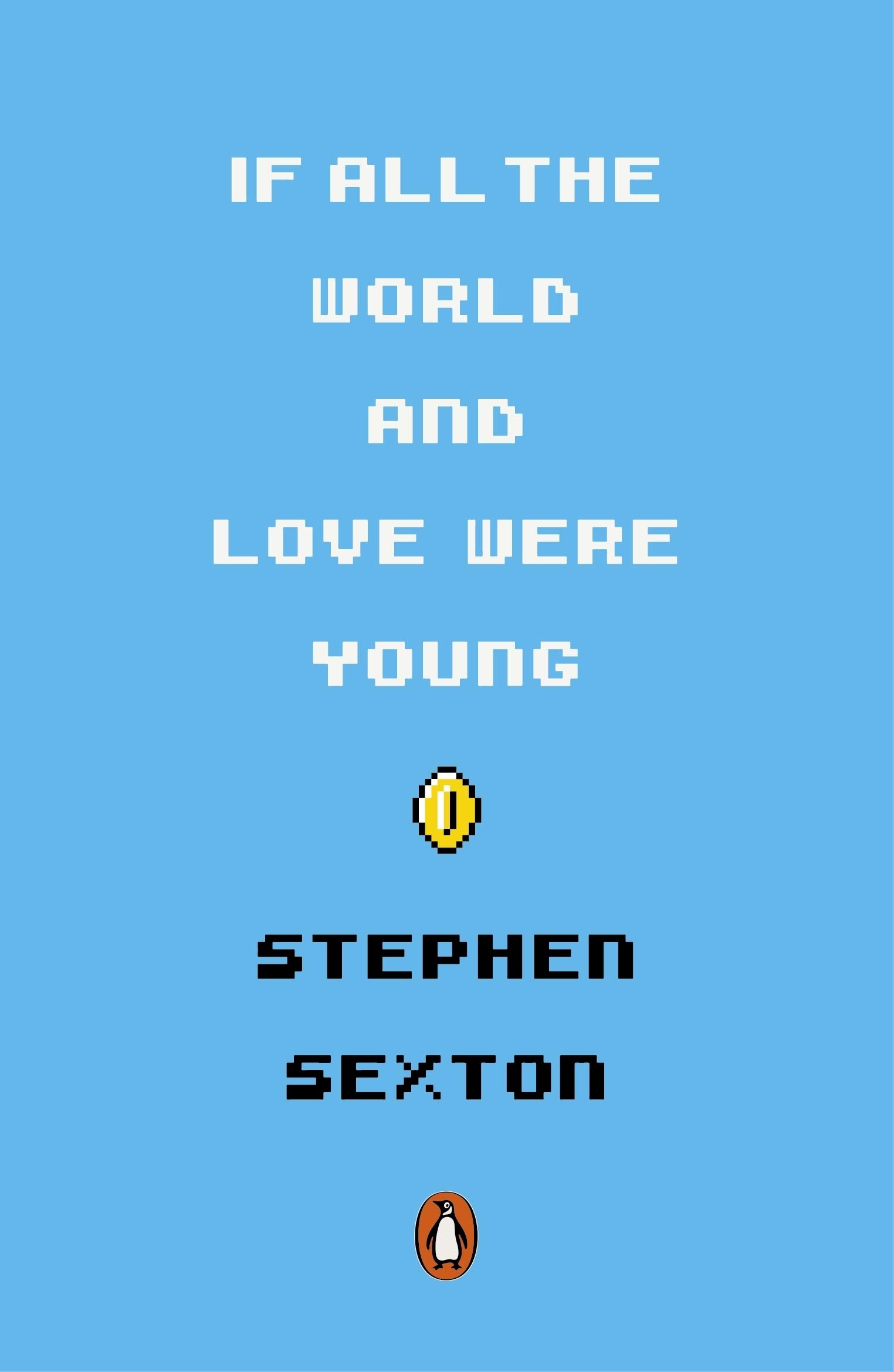
(Post-)postmodernist elegy: Stephen Sexton’s ‘If All the World and Love Were Young’
Stephen Sexton’s If All The World and Love Were Young (Penguin, 2019) has proven phenomenally successful, having won the Forward Prize for Best First Collection and being shortlisted for the International Dylan Thomas Prize. And yet, it is not an easy poetry collection, proving both difficult in terms of its style and allusive references, and…
-
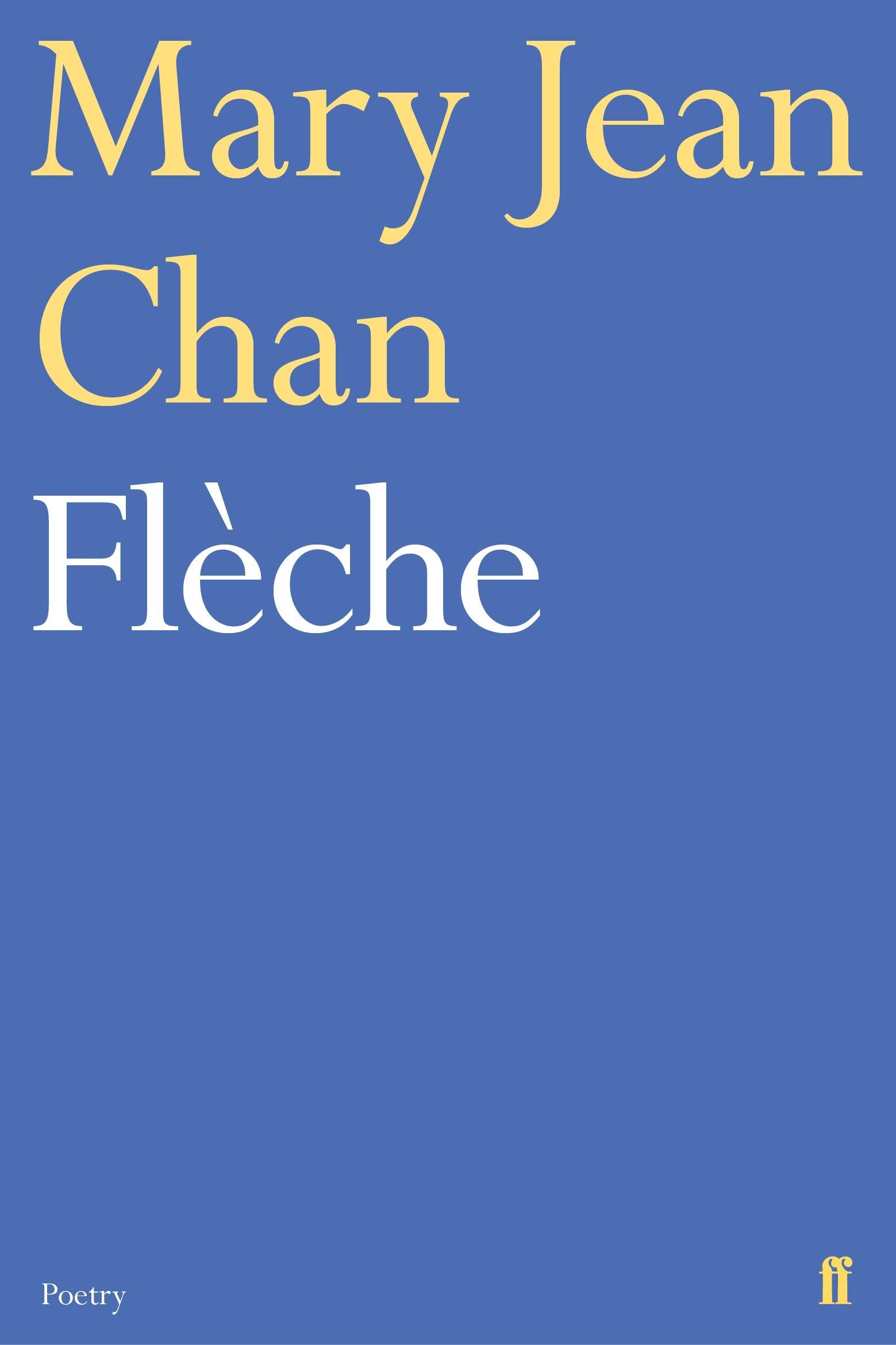
Personal politics and the modern English language: Mary Jean Chan’s ‘Flèche’
There’s too much to praise in Mary Jean Chan’s Flèche: the characterful depths it presents of its persona, the problems they encounter with queer becoming, the gentle lyricism that appears straightforward but is anything but. It is about family, about love—and also about fencing. Of the topics that I could cover, I’m going to examine…
-
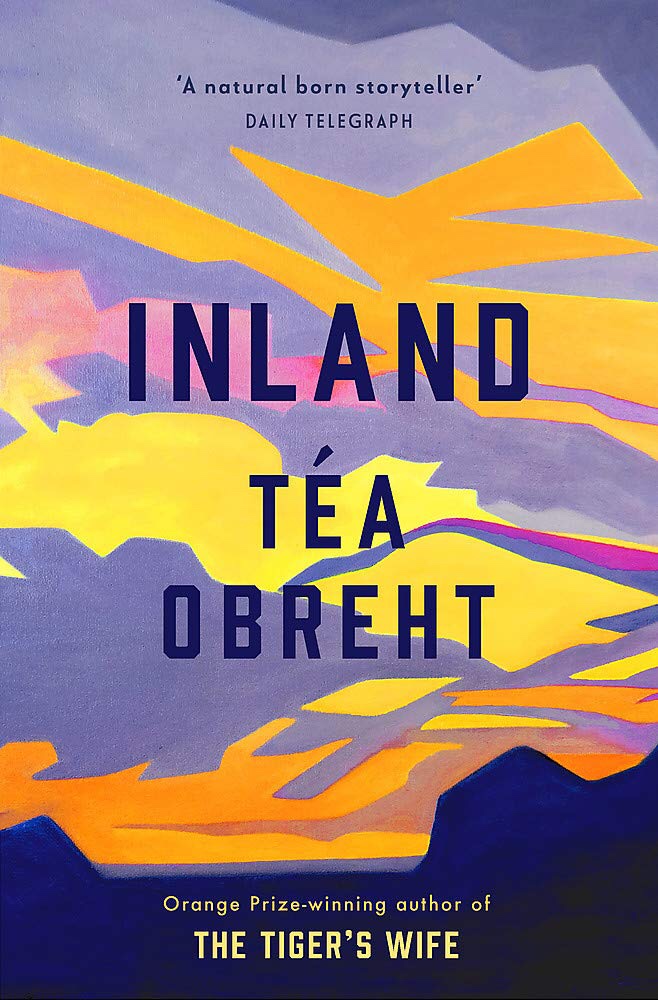
The consolation of animals: Téa Obreht’s ‘Inland’
Téa Obreht’s Inland is extraordinary in its prosaic intensity, one of the many reasons it has been shortlisted for this year’s International Dylan Thomas Prize. The story depicts the lives of Nora on a farm during a drought in the Arizona territory in 1893, and the frontiersman Lurie as he arrives in Texas from eastern…

